Why Do Alligators Swallow Rocks
For a long time scientists thought animals like seals and alligators swallowed stones in order to regulate their buoyancy in the water for instance a sea lion might eat rocks in order to make diving easier. Instead of swishing fins feet or flippers alligators surprisingly move their lungs around inside their body to dive surface and roll in water.

Sumidero Canyon Grijalva River Chiapas Mexico Crocodiles Chiapas Alligator
Here are five reasons why we enjoy our scaly friends and why alligators are the coolest reptiles in South Florida.

Why do alligators swallow rocks. Find a lot more here. An alligator is a crocodilian in the genus Alligator of the family AlligatoridaeThe two extant species are the American alligator A. Scientists have long known that alligators crocodiles and other crocodylians frequently consume rocks on accident while attacking live prey or on purpose as a source of minerals to get rid of parasites or to help digest difficult meals a behavior also practiced by some birds.
Apart from certain birds gastroliths are found in crocodiles alligators earthworms some snails some insects and some fish. Alligators usually visit your yard for a reason. So the first thing you want to do is make your yard unattractive for them.
Say it isnt so but alligators. They Can Run Up to 11 Miles Per Hour On land and Climb. Alligators will eat rocks to help grind up the food in their stomach.
As a result alligators use of salty environments such as near-shore marine areas mangrove swamps and salt marshes was until recently thought of as unusual behavior and of little ecological importance. Crocodiles alligators and other crocodilians all share this ability said biologist C. Dont believe anyone telling you on TV or some expert telling you anything It is a living fossil.
Both alligators and crocodiles have salt glands located on their tongues. Alligators being cold-blooded do not have to eat very often. An alligators tongue is used to swallow prey whole.
In alligators and some other swimming animals its also been suggested that the rockss extra weight helps stabilize the body in the water though exactly how much of an effect they have is still being studied. Alligators do not sit on their eggs which are laid in nests because it would crush them. An alligator can digest anything it swallows -- muscle bone cartilage etc.
Their conical teeth are used for catching the prey not tearing it apart. Alligators swallow their prey whole. The gizzard also referred to as the ventriculus gastric mill and gigerium is an organ found in the digestive tract of some animals including archosaurs pterosaurs crocodiles alligators dinosaurs including birds earthworms some gastropods some fish and some crustaceansThis specialized stomach constructed of thick muscular walls is used for grinding up food often aided by.
Why do alligators eat rocks. The name alligator is probably an. Since the late 1800s however alligators have often been spotted in salty environments in Southeast coastal areas.
However these salt glands are not functional. Once a week is a typical feeding schedule for alligators living in. It is still evolving.
For this reason eliminate all kinds of food including garbage that alligators might have access to from your yard. Then it will raise its head open the palatal valve and swallow the piece whole. It has remained virtually unchanged for millions of years because it is just them over sensationalizing how slow they chang.
Whales and seals have been recorded picking up stones. SinensisAdditionally several extinct species of alligator are known from fossil remains. Its still a bit of a mystery.
Alligators have about 80 teeth and when an alligator loses a tooth it regrows. In South Florida the American alligator is iconic and for good reason. Mystery of Alligator Movement Solved.
They look for food water and sometimes shelter. The rotting vegetation in the nest warms. In addition to these glands an alligator has sensory pits that are located near their jaws.
Are all digested completely. Alligators first appeared during the Oligocene epoch about 37 million years ago. Farmer at the University of Utah who discovered the connection between.
Alligators cant chew so a few swallowed stones help grind the food up for easier digestion. Mississippiensis and the Chinese alligator A.

Alligators Apparently Swallow Stones For Ballast Why Evolution Is True

Alligators Gobble Rocks To Stay Underwater Longer Science Livescience American Alligator Underwater Alligator

Per Andre Hoffmann Saltwater Crocodile Animals Beautiful Crocodiles

360 Cute And Funny Crocodile Names Animal Hype Animals Crocodiles Crocodile
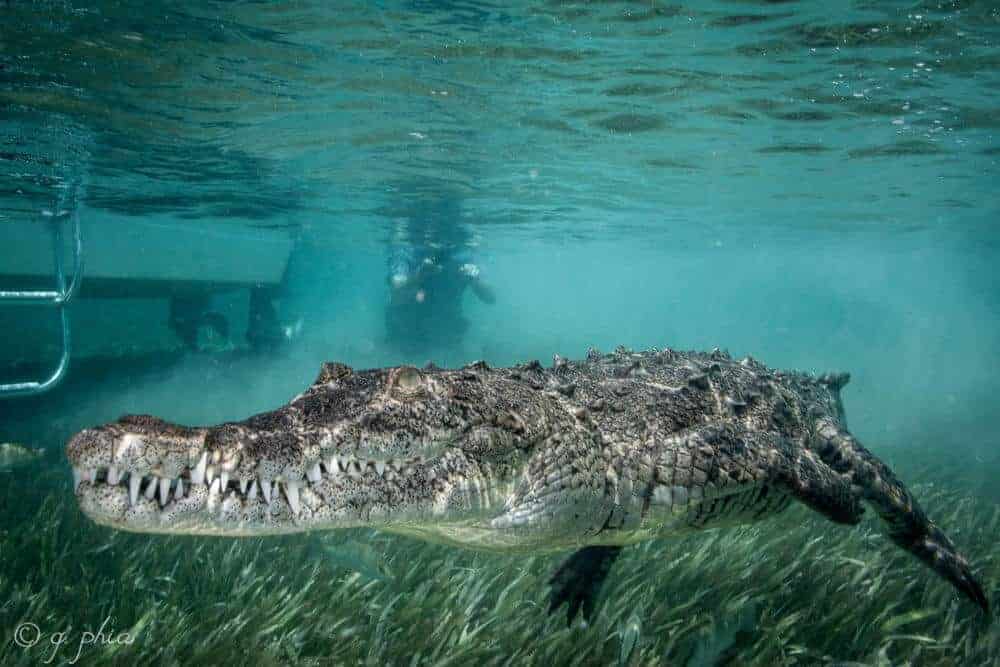
Alligators Eat Rocks To Increase Time Underwater Scienceblog Com

Did You Know Did You Know Senior Secondary School Social Cause

How Many Teeth Does A Crocodile Have Teeth Crocodile Lizard

Turtle Crunch 1 Big Alligator Brazos Bend State Park Texas Alligator Reptiles And Amphibians Crocodiles

Schleich Alligator Toy Figure Baby Alligator Schleich Animals

We All Know That Crocodiles Are Big Bad And Tough But Did You Know That They Sometimes Swallow Stones To Help Balance Th Crocodile Facts Wildlife Crocodiles
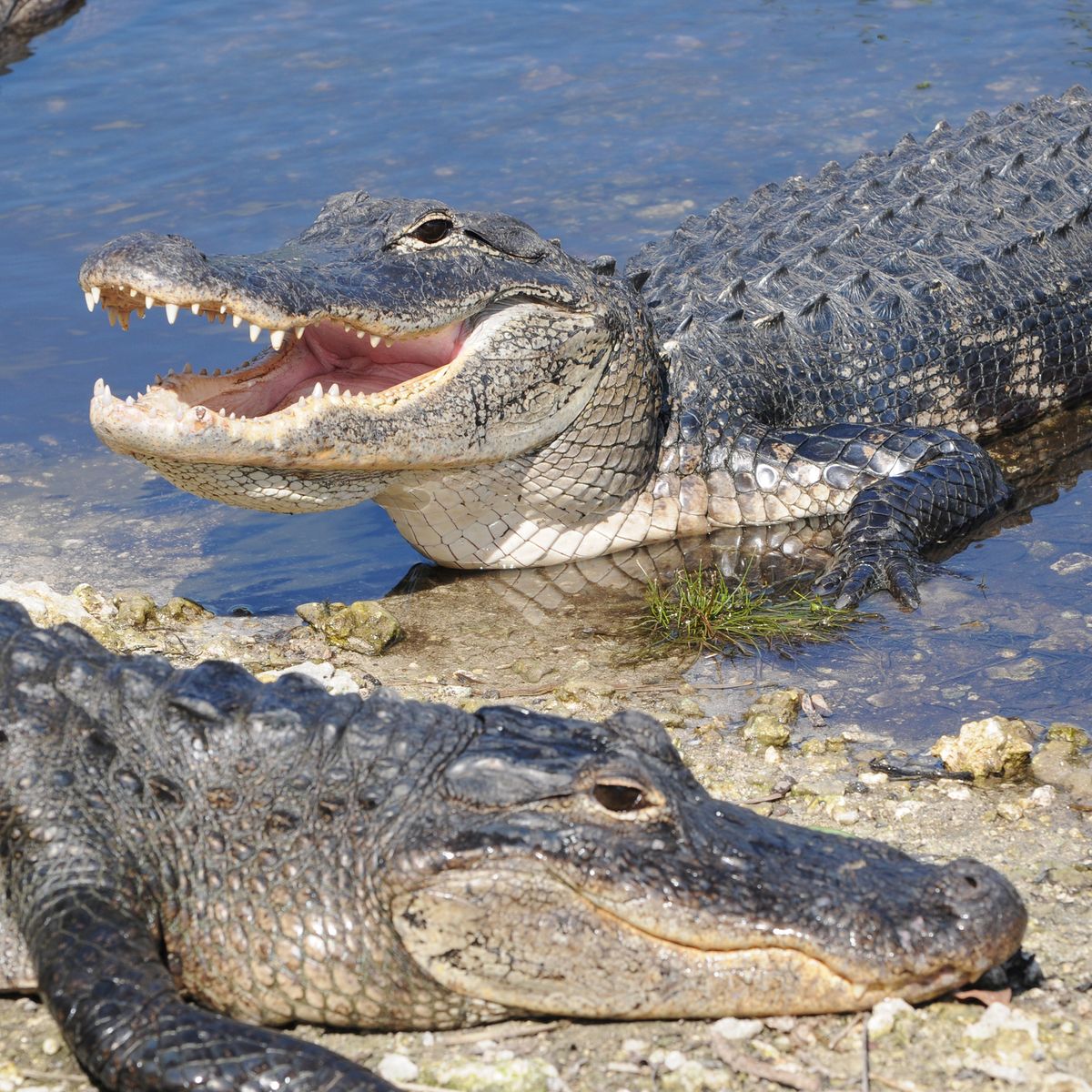
Dreams About Alligators What Do They Mean Expert Insights
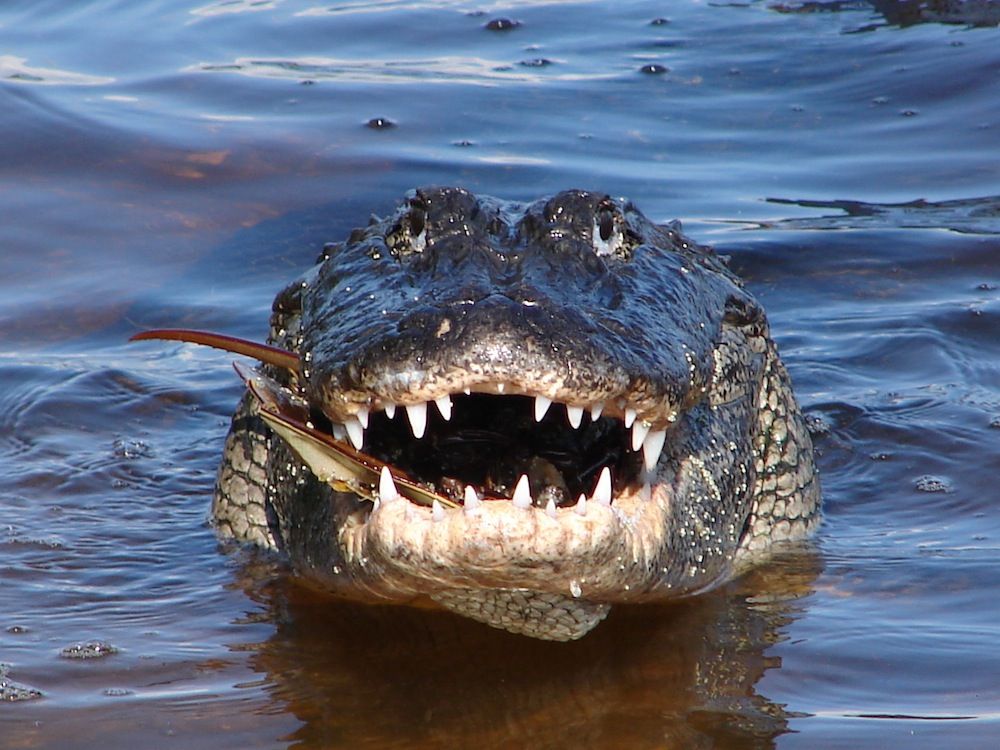
Cannibalism Weeds Out Baby Alligators Live Science

Crocodiles Will Swallow Stones For Balance And To Help Chew Food Curionic Crocodiles Animals Beautiful Swallow

Pin By Melisa Zaracho On Caricaturas Y Dibujos In 2020 Crocodile Animal Crocodile Cartoon Crocodile Illustration

American Alligator Smithsonian S National Zoo
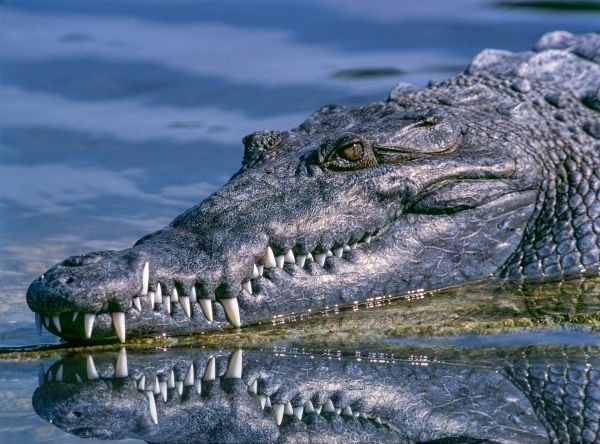
Environmental News Network Alligators Eat Rocks To Increase Time Underwater

Photographer Captures Stunning Images Of Deadly Saltwater Crocodile

American Alligator Image Photo Free Alligator Image Majestic Animals American Alligator
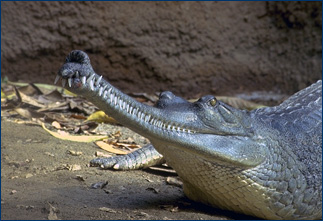
Post a Comment for "Why Do Alligators Swallow Rocks"